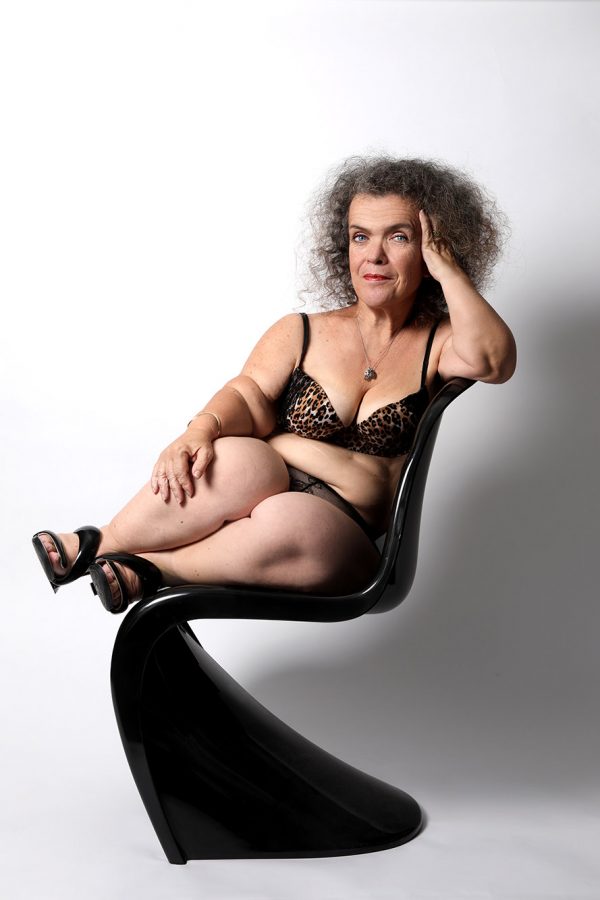
Debra Keenahan is a visual artist, psychologist, academic and author. Throughout her professional life Debra’s work has focussed upon the personal and social impacts of disability. Her first PhD in the discipline of Psychology addressed the social issue of dehumanization. Having achondroplasia dwarfism, she brings a personal insight tounderstanding of the dynamics of interpersonal interactions and social structures that include/exclude the visibly different from equitable social relations. In every way, Debra’s work reflects the philosophy that the personal is the political. She has a deep passion for the recognition of and respectful treatment of all people and as such, her work has addressed significantly diverse subjects such as sexuality, limitations of the physical environment on disability, condescension, abuse in the streets and resilience. In her art practice Debra uses multi-art forms – 2D, 3D, Virtual Reality and Performance methods to represent disability aesthetics. Through her teaching experience Debra has learnt the power of the Arts in communicating with and engaging people on highly political and difficult issues, encouraging empathy for the socially excluded. Her work is expressive of the genre of political art which is informed by her other professional dimension – political psychology. Seeing the need for the development of the field of disability aesthetics, Debra is currently completing her second PhD in the discipline of Visual Arts on the manifestation of dignity in disability aesthetics through the representation of the female dwarf. This subject area is a constructive response to her earlier work in psychology on dehumanization. As an artist Debra has exhibited since 2008 in both group and solo exhibitions and she has been the sole and co-author of a book, book chapters,articles and conference papers. Currently,Debra lectures at Western Sydney University in Humanitarian and Development Studies and prior to her work at Western Sydney, Debra taught at Griffith University (Brisbane) and Central Queensland University (Rockhampton). Whilst in Queensland, she was a consultant to the Human Rights and Equal Opportunity Commission on issues of Disability. She commenced her working life as a psychologist at first with the Multiple Sclerosis Society, and then the Corrective Services, before becoming an academic. Debra prides herself on the richness and breadth of her career in both psychology and the visual arts which she has found complement each other.